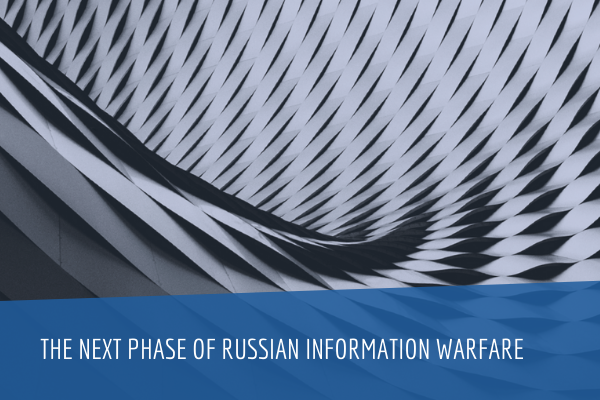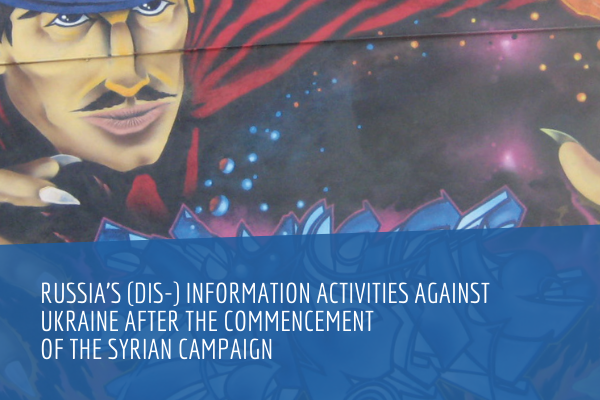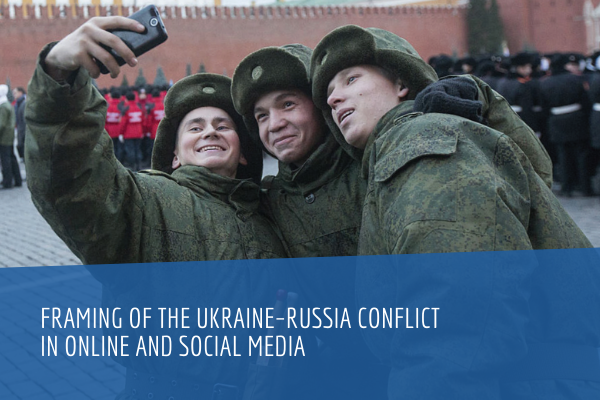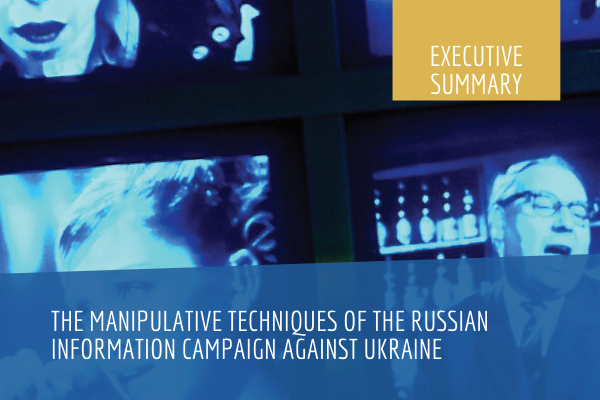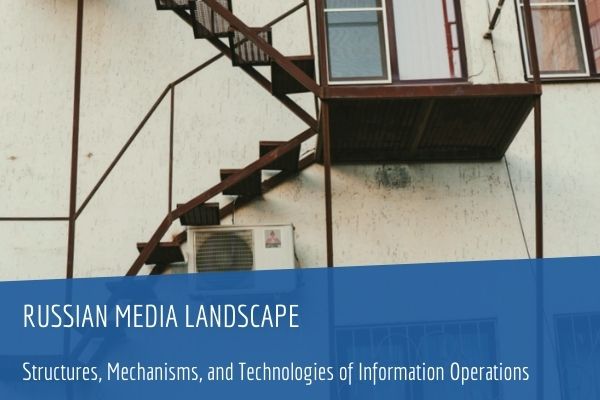About this article
In the 18 months since Russia’s seizure of Crimea, Western understanding of Russian information warfare techniques has developed beyond all recognition. From the preserve of a few isolated specialists, study of Russia’s use of the information tool has become mainstream. A number of excellent investigative reports have examined in detail the ideological grounding and conceptual basis for Russia’s approach to information warfare. And a substantial body of research has emerged describing in detail the operational measures used by Russia.
The challenge of Russian information warfare is, however, not a static situation, but a developing process. The Russian approach evolves, develops, adapts, and just like other Russian operational approaches, identifies success and reinforces it, and conversely abandons failed attempts and moves on. The result is that Russia should not be expected to fight the last war when it next decides to use an information warfare component in a new conflict. In other words, those nations or organisations that think they understand Russian information warfare on the basis of current studies, and are responding by preparing for currently visible threats and capabilities, are out of date and will be surprised once again by what happens next.
This paper therefore examines not only some of the conceptual underpinnings of the Russian approach to information warfare, but also new developments which to date have not been widely covered in open sources, and their potential implications for the next wave of information confrontation with Russia.
